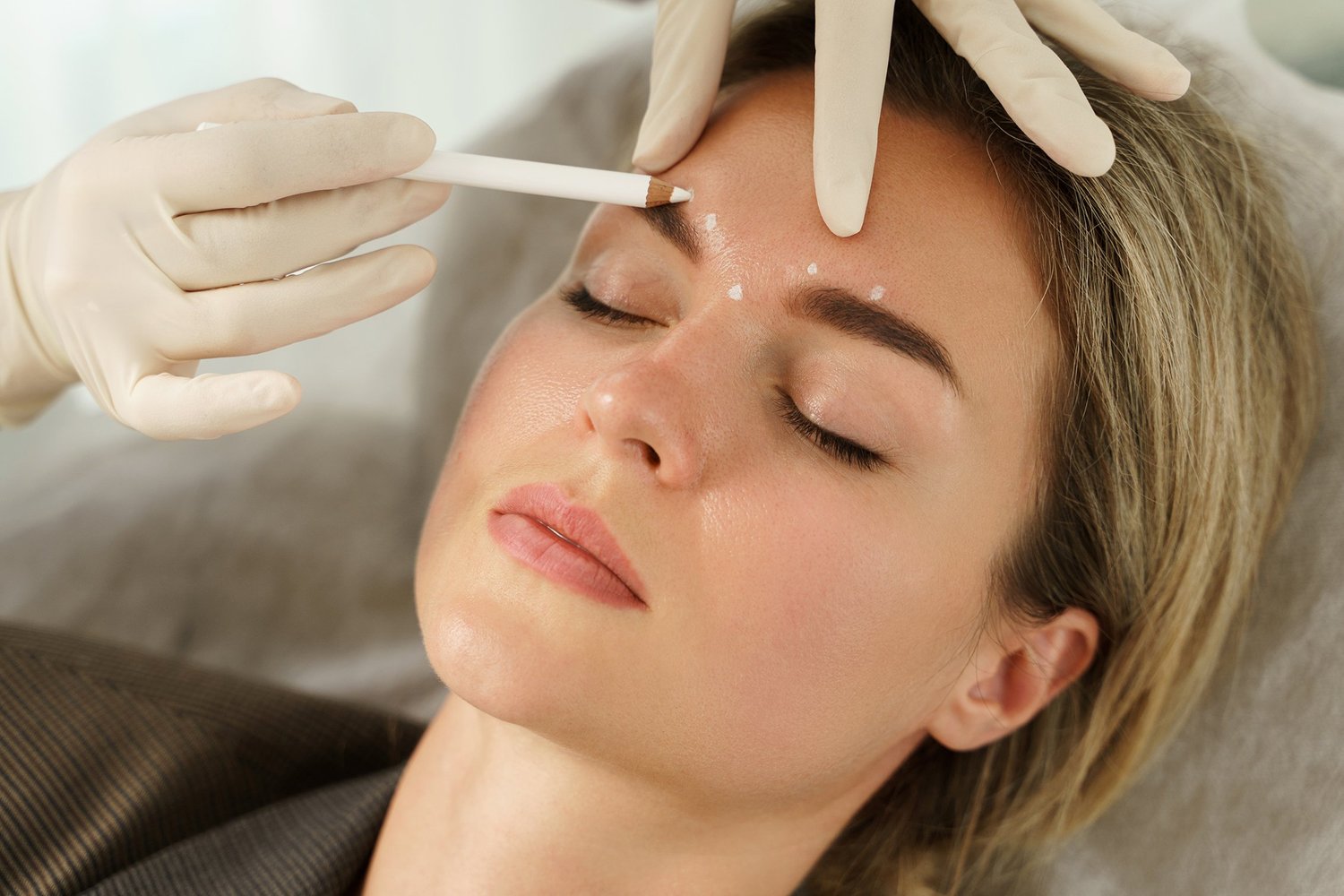Sun protection is a key component of dermatology and skincare, as prolonged exposure to harmful ultraviolet (UV) rays can lead to a range of skin issues. Dermatology (طب الجلدية)experts agree that UV damage is a major contributor to skin aging, sunburn, and even more serious conditions like skin cancer. Understanding the importance of protecting your skin from the sun is crucial to maintaining healthy, youthful skin. In this article, we’ll explore various methods to shield your skin from harmful sun exposure

Understanding UV Radiation and Its Effects:
Ultraviolet radiation is divided into two main types: UVA and UVB. UVA rays penetrate deeper into the skin and are responsible for premature aging and wrinkles, while UVB rays cause sunburn and are a leading cause of skin cancer. Both types of UV radiation can damage the skin’s DNA, leading to mutations that can cause serious long-term effects. Dermatology professionals emphasize the importance of protecting the skin from both UVA and UVB rays to reduce the risk of skin damage and related skin conditions.
The Importance of Sunscreen:
One of the most effective ways to protect your skin from sun damage is by using sunscreen. Dermatology specialists recommend broad-spectrum sunscreen with an SPF of at least 30. Broad-spectrum means it protects against both UVA and UVB rays. It’s important to apply sunscreen generously and evenly to all exposed skin areas, even on cloudy days. Reapplying sunscreen every two hours, or more often if swimming or sweating, is essential for ongoing protection. Sunscreen helps create a barrier that absorbs or reflects UV rays, reducing the risk of burns, aging, and skin cancer.
Seeking Shade and Avoiding Peak Hours:
In addition to using sunscreen, seeking shade during the peak hours of sun exposure can help protect your skin. The sun’s rays are strongest between 10 a.m. and 4 p.m., so dermatology experts advise limiting direct sun exposure during these times. If you must be outdoors, look for shaded areas or use umbrellas, hats, or clothing to provide physical protection from the sun. Reducing your exposure during these peak hours can significantly lower the chances of skin damage.
Wearing Protective Clothing:
Wearing protective clothing is an essential step in safeguarding your skin from the sun. Dermatology experts recommend wearing tightly woven, long-sleeved shirts, pants, and wide-brimmed hats to protect your skin from harmful UV rays. Clothing made from fabrics with a high ultraviolet protection factor (UPF) is designed to block UV radiation more effectively. Some clothing brands offer specialized sun-protective gear that provides additional protection. Sunglasses with UV protection can also shield your eyes from harmful rays, preventing eye damage and skin cancer around the eyes.
The Role of Antioxidants in Sun Protection:
Diet plays a key role in skin health, and incorporating antioxidants into your daily routine can help protect your skin from sun damage. Antioxidants, such as vitamins C and E, help neutralize free radicals generated by UV exposure. Free radicals can damage skin cells and accelerate the aging process. Dermatology(طب الجلدية) professionals suggest eating a diet rich in fruits and vegetables, particularly those high in antioxidants like berries, leafy greens, and citrus fruits. Topical antioxidant serums may also be used as a complement to sunscreen for added protection.
Hydrating Your Skin for Sun Protection:
Hydration is an essential aspect of maintaining healthy skin, especially when protecting it from sun damage. Sun exposure can dry out the skin, leading to premature aging, irritation, and sensitivity. Drinking plenty of water and using moisturizers can help keep the skin hydrated and resilient. Dermatology experts recommend using moisturizers with ingredients like hyaluronic acid or glycerin, which help retain moisture and support the skin's natural barrier function. Keeping your skin hydrated will help it recover from the effects of the sun and maintain a smooth, healthy appearance.
Regular Skin Checkups for Early Detection:
Regular skin checkups are an important part of maintaining skin health, especially for individuals who spend a lot of time outdoors. Dermatology professionals recommend performing self-examinations to monitor any changes in moles or skin lesions. Early detection of skin cancer or other skin conditions significantly increases the likelihood of successful treatment. If you notice any suspicious changes in your skin, such as irregular borders, changes in color, or bleeding, it’s essential to seek advice from a qualified dermatologist.
Conclusion:
Protecting your skin from sun damage is crucial for maintaining healthy, youthful skin. Dermatology experts emphasize the importance of using sunscreen, wearing protective clothing, and seeking shade to limit exposure to harmful UV rays. A combination of sun protection methods, including proper hydration, antioxidant-rich foods, and regular skin checkups, can further support skin health. By adopting these protective measures, you can enjoy the outdoors while keeping your skin safe from the long-term effects of sun damage. Consistent sun protection is one of the best ways to ensure that your skin remains radiant and resilient for years to come.

